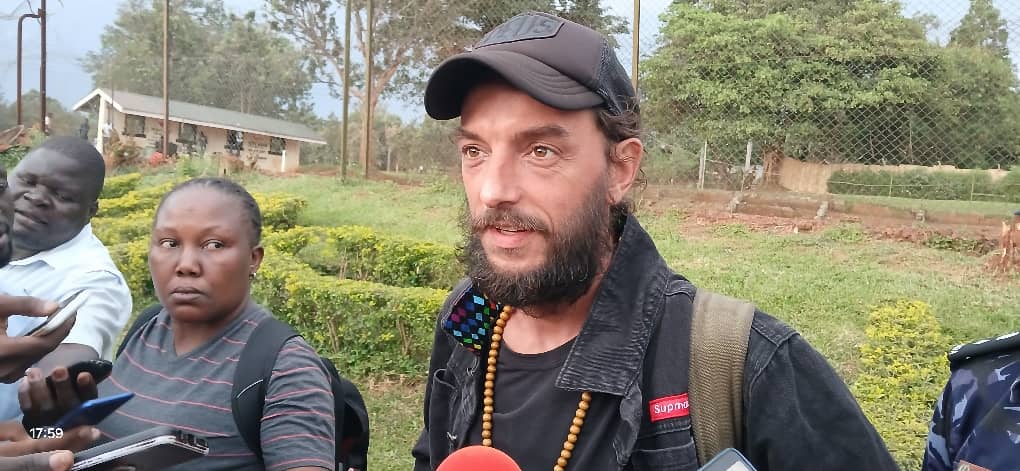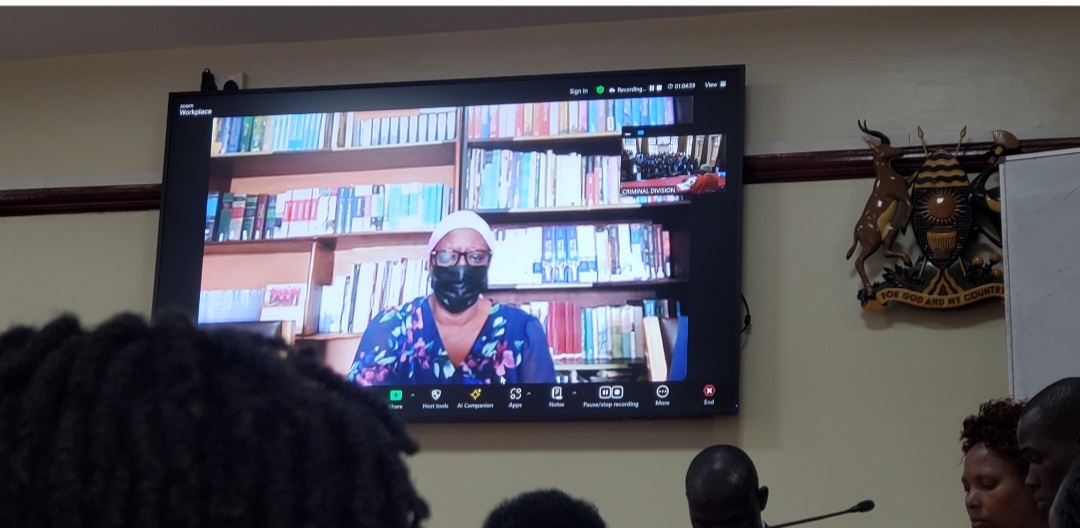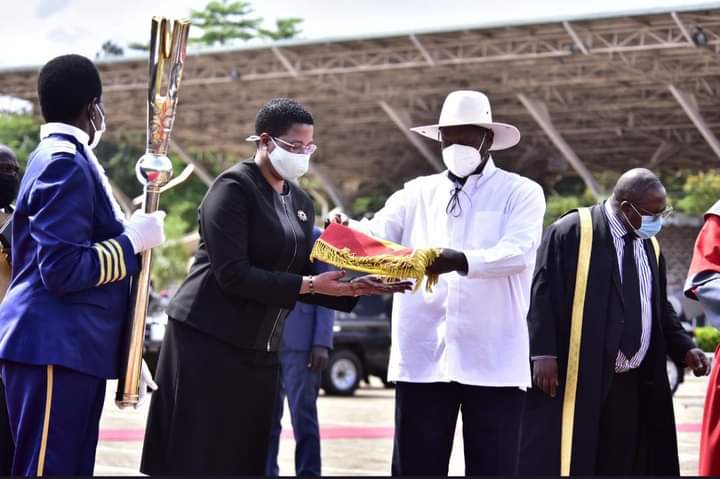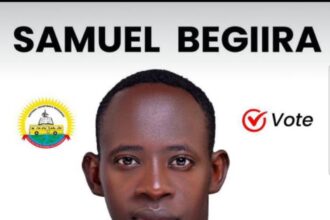The co-founder and promoter of the Nyege-Nyege International Festival, Derek Debru, has fired back at critics who label the event as sinful and immoral.
Debru, a professed Christian, argues that the festival, which takes place annually for three days, is actually a celebration of fun, love, and culture.
Speaking out against moralists and religious apologists who stereotype the festival, Debru emphasized that cases of sexual immorality, such as defilement, rape, and adultery, occur year-round and are often perpetrated by those who claim to be morally upright.
“…It’s misleading and diversionary to target Nyege-Nyege as the sole cause of immorality in Uganda…” Debru said and added, “…We invite religious leaders and moralists to join the festival and experience it for themselves, rather than relying on rumors and misinformation….”
Addressing reporters on Monday at the Festival venue situated on the shores of Lake Victoria, Debru highlighted the festival’s positive impact, noting that it brings together people from diverse nationalities, cultures, and religious backgrounds to celebrate their differences.
Regarding concerns about drinking and decency, Debru pointed out that Ugandans have always enjoyed socializing and partying, long before Nyege-Nyege’s inception nine years ago.
On dress code, he emphasized that each event has its unique attire, just like beaches and swimming pools.
“…you cannot wear suits to the swimming pool or beach, so the issue of dress code should not be an issue, just like football or netball also has their specific dress codes…”, he explained.
The debate surrounding Nyege-Nyege has sparked a national conversation, and Debru welcomes the discussion. “…I pray that we continue this debate and build a consensus…,” he said.
The Nyege-Nyege International Festival has become a significant cultural event in Uganda, attracting thousands of attendees from around the world. As the debate continues, Debru remains committed to promoting the festival’s values of unity, diversity, and celebration.
He emphasized the importance of authenticity in life, criticizing the culture of pretense and legalism, saying life should not be about pretending to observe certain standards or patterns when, in reality, they are not practical or genuine.
“…Human beings are complex and diverse, and we respond differently to various situations and issues, it’s time to move away from judgmental attitudes and embrace or unique experiences and expressions…”, he said.
Without mentioning names of individuals or organizations, Debru argued that this hypocrisy can be damaging, particularly when imposed by moralists and religious leaders.
Debru’s comments come amidst controversy surrounding the Nyege Nyege festival, which some have labelled as immoral.
However, he remains steadfast in his vision for the event as a celebration of diversity, love, and cultural expression.
“…Authenticity is key to building meaningful connections and fostering a society that values individuality…,” Debru emphasized, adding, “…Let’s focus on promoting understanding, acceptance, and inclusivity rather than forcing unrealistic expectations.”
He also took a swipe at religious denominations for pressuring newly converted Africans to abandon their indigenous cultural names in favour of Western ones.
Debru described this practice as “cultural erasure” and “double standards,” pointing out the hypocrisy of religious leaders who view African traditions as satanic and Western influences as divine.
“…Africa is not inherently satanic, and the West is not inherently godly…,” Debru emphasized, adding, “…this narrative is not only misleading but also harmful, as it erases our cultural identity and perpetuates colonial mentality…”
Debru also questioned the logic behind forcing Africans to adopt Western names, citing the significance of indigenous names in preserving cultural heritage and family history.
“…Our names are a connection to our ancestors, our language, and our land, why should we abandon our roots to conform to foreign standards…?” Debru said in rhetoric.
Debru’s comments resonate with many Africans who have experienced cultural suppression and identity loss due to colonialism and religious imperialism.
This stance has sparked a wider conversation about cultural preservation and inclusivity.
Many are urging religious leaders to reconsider their approach and embrace Africa’s rich cultural diversity.
From Derek Debru’s perspective, the way forward involves embracing and celebrating Africa’s rich cultural heritage through cultural preservation and promotion.
It’s also important to recognize the value of cultural, religious, and spiritual expressions. Ugandans and indeed Africans should encourage critical thinking, media literacy, and cultural sensitivity.
Citizens should foster respectful conversations among religious, cultural, and communities as well as promoting interfaith dialogue and collaboration.
Derrick Debru believes Nyege-Nyege has indeed sparked meaningful conversations in Uganda and Africa, addressing cultural identity and ownership.
The conversations ignited by Nyege-Nyege will most likely lead to greater cultural awareness and appreciation, increased religious tolerance, and understanding.
“…Nyege Nyege is more than a festival; it’s a movement, we are reclaiming our cultural narrative, challenging harmful norms, and building a more inclusive Africa, Derek Debru concluded
This year’s Nyege-Nyege is under the theme: “Afrogalactic Carnival”, which the organizers say is aimed at celebrating Africa’s cultural diversity.
Derek Debru is the co-founder of Nyege-Nyege, Nyege Tapes and Hakunakulala Records Labels, as well as of Boutiq Foundation, an artist incubation programme based in Kampala, Uganda’s capital.
Do you have a story in your community or an opinion to share with us: Email us at Submit an Article








